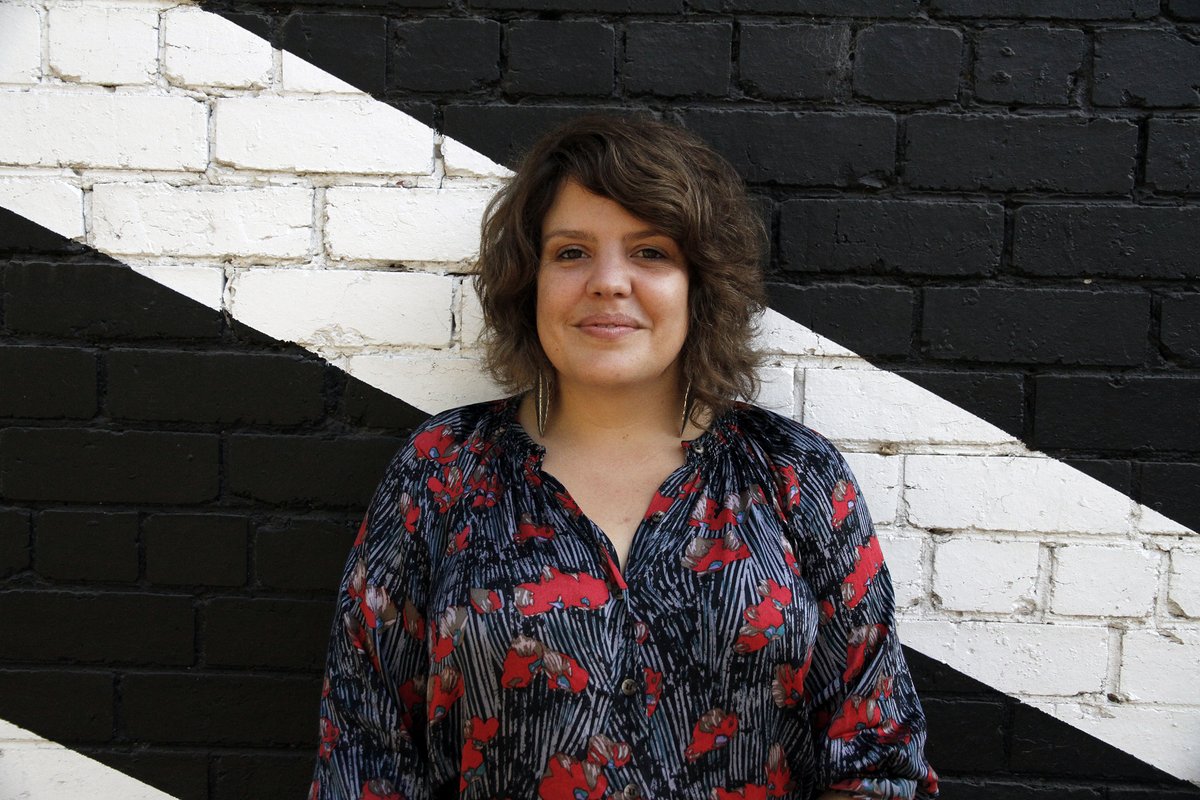Episode 44: Genevieve Grieves
Wesley Shaw and Georgia Mokak in conversation with new Aboriginal and Torres Strait Islander Member on the NAVA Board, Genevieve Grieves.
Wesley Shaw and Georgia Mokak in conversation with new Aboriginal and Torres Strait Islander Member on the NAVA Board, Genevieve Grieves.

Photo courtesy of Footscray Arts Centre
Genevieve Grieves is a Worimi woman – traditionally from mid north coast New South Wales who has lived in Narrm (Melbourne) for many years. She is an award-winning Indigenous artist, researcher, educator, curator, filmmaker and oral historian who has accumulated twenty years’ experience across the arts, culture and education sectors. Genevieve has consistently won recognition and awards for the variety of projects she has undertaken throughout her diverse career including online documentaries, film, art and exhibitions.
Her current role at Museums Victoria is as Head of the newly formed First Peoples Department. She is on the Executive at the Museum and responsible for developing and implementing the transformational theme of First Peoples’ living cultures and history to be placed at the centre of the Museum for the first time in its 160-year history.
As an educator, Genevieve has worked in the Australian Indigenous Studies program at University of Melbourne (UoM) including as Acting Head of the program. She has also developed and delivers a Masters Intensive at UoM titled, Working in Indigenous Cultural Contexts (2015-) for emerging arts and cultural workers. She teaches a highly-acclaimed version of this at the Footscray Community Arts Centre (FCAC) – a leading arts and cultural organisation – as part of their Generate professional development program. She is currently undertaking her PhD in the program focussed on Aboriginal art, colonial violence and memoralisation.
In this conversation, Genevieve chats with NAVA's Professional Development Coordinator, Wesley Shaw and First Nations Engagement Coordinator, Georgia Mokak, about her current role teaching students about decolonisation at the Art Gallery NSW as part of their annual Djamu Indigenous Art program, as well as her role at Museums Victoria, and developing a practice and knowledge around decolonisation more broadly.